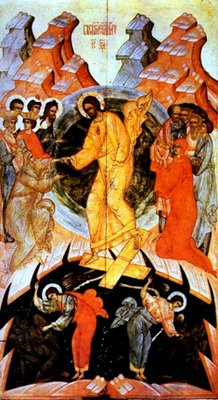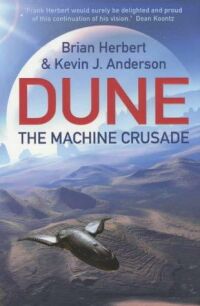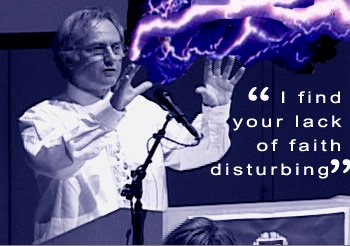(Basically my sermon notes for Mark 10.1-12)
Jesus’ teaching on divorce is robust: “at the beginning of creation God ‘made them male and female.’ ‘For this reason a man will leave his father and mother and be united to his wife, and the two will become one flesh.’ So they are no longer two, but one. Therefore what God has joined together, let man not separate.”
I am persuaded that an easy acceptance of divorce, particularly where children have come into being through the relationship, has caused all sorts of social breakdown, and evidence for that is not hard to find. Yet I don’t believe Jesus’ teaching is quite as simple as it is made out to be. I am coming to accept that a slavish obedience to a rule can be destructive of the human flourishing which is God’s consistent will for us. We could begin with the hidden elements of the text today, in that Jesus was advancing a radically pro-women argument, in that he structures the question in terms of mutuality and loneliness, rather than property.
Consider the context of first century Judaism – every woman was defined by their relationship with a man, first the father, then the husband. A woman typically had no independent status – hence the repeated injunction in Scripture to look after the widows and orphans, in other words all who have no male economic protector. In terms of social status, the key thing for woman was fertility (with Genesis 1 referred to, “be fruitful and multiply” understood as the divine command) and women who were infertile were cast on the scrapheap. This was often the excuse for divorce, and was the context behind Jesus’ words.
In answering the question, Jesus doesn’t refer to Genesis 1 but to Genesis 2 – man and woman cleave to each other and become one flesh – which is to emphasise the point about mutuality, where the key phrase is “not good to be alone”. This brings out the importance of relationship – God as trinity, where relationship is essential to God’s own makeup – and we are made in God’s image, in other words we find our fullest expression through relationships and service to one another.
The cornerstone of this is commitment – to maintain a relationship through the bad patches – yet even this, because of our hardness of heart, can become something offensive to God. For the point about sticking to a relationship through thick and thin, which we do have to take with great seriousness, has, I believe, been abused and rendered idolatrous at certain times and in certain contexts. It comes down to a question about the place of rules and the grace of God – the rules are there to give us life; Jesus shows us the life which comes from following the rules; but what this means is that if the rules lead to a life where the love of Christ is absent then it is more important to follow Christ rather than the rule.
It is never of Christ to collude with injustice – Christ aggressively and angrily challenges injustice and stands up for those who are weak and defenceless – yet so often in human history the rule about sticking with a marriage through thick and thin has been abused in order to abuse, normally the woman but sometimes the man, and to put it bluntly, Jesus does not teach us to be doormats!
The thing is that breaking off a relationship – ie separation – can itself be a way of continuing a conversation. To collude with injustice, to not speak the truth about a situation, this is not of God. If all else fails, separation can be the last resort of the one whose will for the marriage is that it continues. Surely they will listen to this! But if even this cannot work…?
Let us remember Jesus’ teaching elsewhere about marriage, when he links it to the resurrection – a marriage is not eternal, it is not something that partakes of heaven – it is an earthly relationship, an earthly form, which can be wonderful and heavenly, but can also partake of the other place. The real issue is about our brokenness, the fracturing of our world through sin, and the presence of God’s grace which can redeem the most fallen situation.
I find Jesus’ teaching on divorce difficult – primarily because at heart I agree with it, and we can see the consequences of an abandonment of the teaching around us in our society today – yet I also believe in a God of grace, not of rules – as Jesus repeatedly quotes Hosea, the living God is a God who desires mercy and not sacrifice. So often we see sacrifice as the demand made upon us, that we need to mutilate ourselves in body or spirit in order to be acceptable – yet this is not the living god, this is the baal or the moloch who destroys life, not the one who dies on our behalf in order to give life.
Yet there is a suspicion in my mind here. Jesus’ begins his teaching on divorce by relativising Moses’ words – placing them in context, as a concession to human sin. Are we not called to do something similar? To relativise the words of our Lord, as a concession to our sin, in order not to have our hearts and souls broken on the rigidities of the law? All we have are fragments, within which we make our lives, trusting not in our own righteousness, but the grace and mercy of God.
NB for a slightly different take on divorce and the blogging of sermons, see this.






